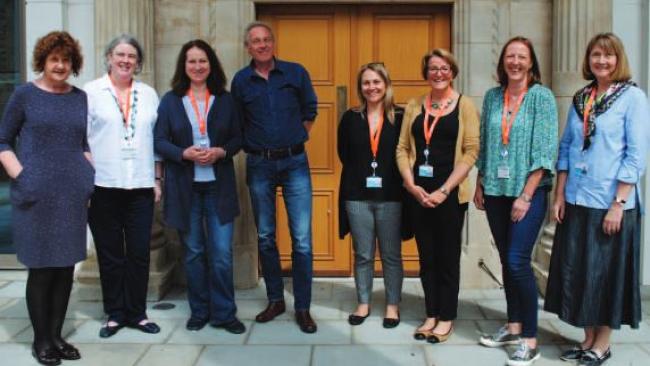
Ernest August Adolph Köttgen, Private, London Regiment (London Scottish)
​Ernest August Adolph Köttgen matriculated in 1892 after attending University College London School.
Born: Hampstead, Middlesex in 1874
Fell in action: 30 June 1917
He graduated in 1895 with honours, taking the Natural Sciences Tripos Part I. He also took the First Examination for the MB degree, Part I and II (Chanticlere, Lent Term 1895, p190).
The ĚŔÍ·ĚőÔ´´ Cambridge Society Annual Report 1919 obituary for Köttgen is quite detailed, considering that he left College in 1895 and had not kept in touch with the College via the ĚŔÍ·ĚőÔ´´ Cambridge Society. He was said to have “…great musical abilities, a very fine physique and was a prominent figure in the life at ĚŔÍ·ĚőÔ´´â€ť. There is, however, very little information about him in the student magazine, Chanticlere.
He rowed in the second Lent boat in his first year but appears not to have rowed again or competed in any other sports. There is a brief mention of his musical abilities when he took part in one of the weekly smoking concerts held during the long vacation in 1893 when he is thanked for entertaining them. (Chanticlere, Michaelmas Term, 1893, p20).
According to the obituary Köttgen worked for the “Bombay Burmah Trading Corporation, being in charge of vast territories in the Northern Shan States, prospecting and exploring”. He then went to join his father’s firm John Batt & Co, silversmiths, where he would become Managing Director in 1908.
He joined the London Scottish and, his obituary claims that, “in his kilt was the finest looking soldier imaginable”. Whilst on guard duty he was “shot through the brain by a sniper… outside Arras”.
Notably the obituary, which we believe was taken from a letter to College written by a member of his family, says that he was laid “reverently to rest in a British graveyard”; the Wancourt British Cemetery in France. Köttgen was born in Britain, but his father was born in Germany and had become a naturalised British subject.
The obituary ends by saying “He was an exceptionally gifted man both mentally and physically.” (ĚŔÍ·ĚőÔ´´ Cambridge Society Annual Report 1919, p26).
You can email us on ww1-project@jesus.cam.ac.uk, go to our First World War homepage, or find us on .











